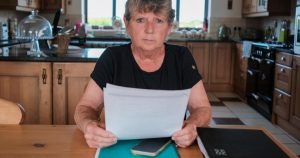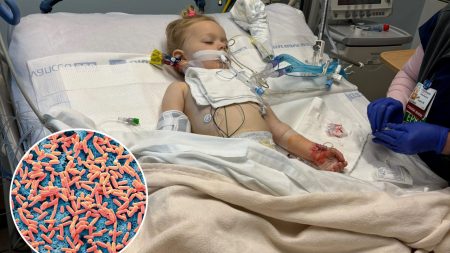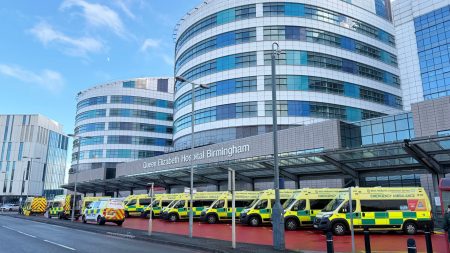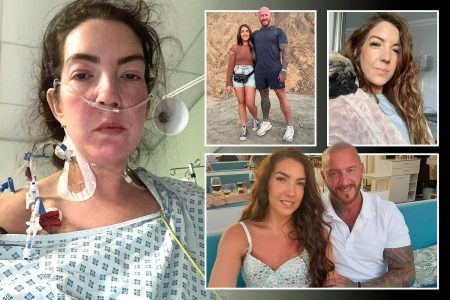Steven Wise, a 71-year-old from Hampstead, London, experienced a fortunate turn of events when an allergic reaction to acid reflux medication led to the discovery of his stage 3 bowel cancer. For a year, Steven had been grappling with painful acid reflux, a common ailment often treated with over-the-counter medications. His doctor prescribed lansoprazole, a proton pump inhibitor commonly used to reduce stomach acid production. However, Steven’s body reacted severely to the medication, prompting an emergency hospital visit. This unexpected reaction proved to be a life-saving intervention, as the subsequent medical investigations revealed a hidden threat.
At the hospital, Steven received an adrenaline shot to counteract the allergic reaction. Doctors then performed an endoscopy, a procedure involving inserting a thin, flexible tube with a camera into the digestive tract, to examine the esophagus, stomach, and upper part of the small intestine. A CT scan was also conducted, providing a detailed cross-sectional view of the abdomen and pelvis. This scan uncovered a 7cm mass in Steven’s bowel, which was subsequently diagnosed as stage 3 bowel cancer. Without the allergic reaction and the subsequent scans, Steven’s cancer would likely have progressed to stage 4, significantly reducing his chances of survival. He credits the allergic reaction and subsequent medical intervention with giving him a “second chance” at life.
Three weeks after the diagnosis, Steven underwent surgery to remove the cancerous tumor. The procedure was successful, and he began the long road to recovery. Bowel cancer, also known as colorectal cancer, is the fourth most common cancer in the UK, with approximately 44,100 new cases diagnosed each year. The majority of cases, around 94%, occur in individuals over 55 years of age, highlighting the importance of regular screening for this demographic. Early detection plays a crucial role in successful treatment and long-term survival. Around 60% of people diagnosed with bowel cancer survive, emphasizing the importance of timely diagnosis and intervention.
Steven’s treatment included chemotherapy, but he had to discontinue it due to adverse side effects. Despite this setback, his recovery progressed smoothly. The medical team at the Royal Free Hospital provided exceptional care, even going to the lengths of re-stitching his surgical wound to avoid the need for a stoma bag, a device used to collect waste when the body is unable to process it normally. Steven expressed immense gratitude for the dedication and expertise of the medical staff. Following a recent colonoscopy, Steven received the all-clear, marking a significant milestone in his cancer journey. He is now enrolled in a five-year follow-up program to monitor his health and ensure early detection of any potential recurrence.
Returning to his active lifestyle, Steven is back to coaching tennis and football and enjoys spending time with his seven grandchildren. He is “truly grateful to be here” and appreciates the simple pleasures of life, like playing golf and spending time with his family. His experience serves as a powerful reminder of the importance of seeking medical attention for persistent symptoms and the potentially life-saving consequences of early detection.
The NHS offers bowel cancer screening to everyone aged 54 to 74 every two years. This screening involves a faecal immunochemical test (FIT) which checks for traces of blood in stool samples, a potential indicator of bowel cancer. The age range for screening will soon be expanded to include individuals aged 50 to 74, thanks to advocacy campaigns like The Sun’s No Time 2 Lose. Individuals aged 75 and over can request a FIT kit every two years by contacting the free bowel cancer screening helpline. Awareness of the symptoms of bowel cancer is crucial for early detection. These include bleeding from the bottom or blood in the stool, changes in bowel habits, unexplained weight loss, extreme tiredness, and lumps or pain in the stomach or back passage. Any individual experiencing these symptoms should consult their GP promptly.











